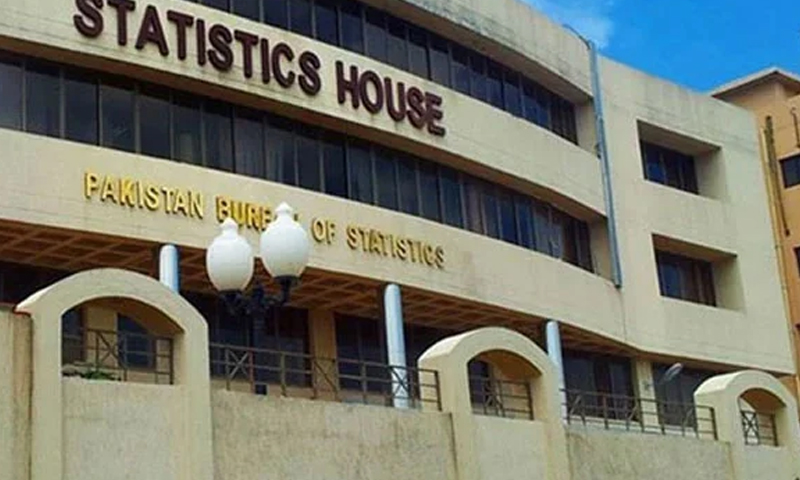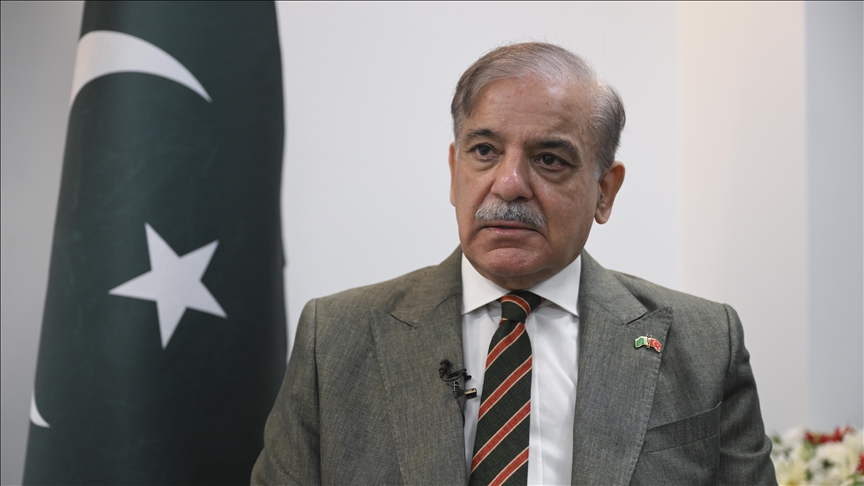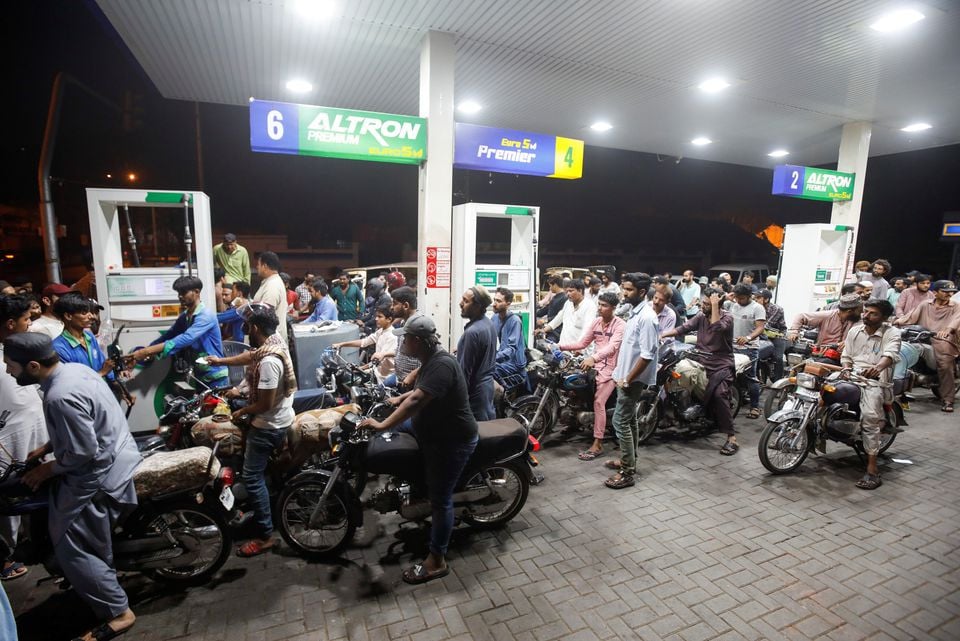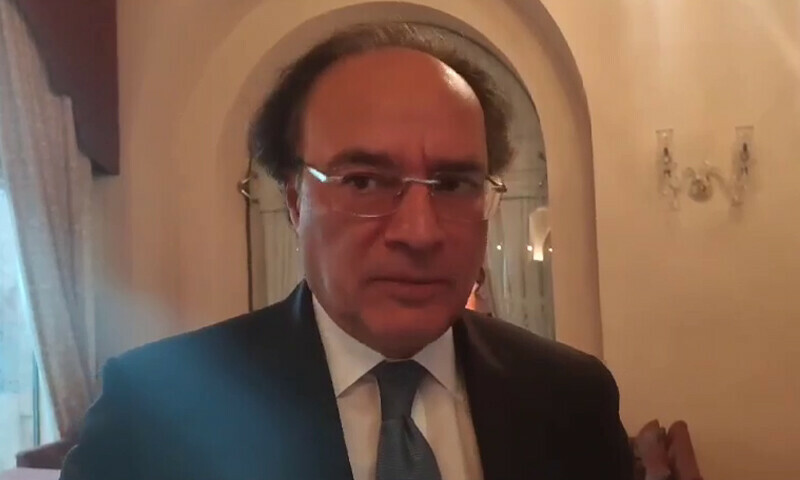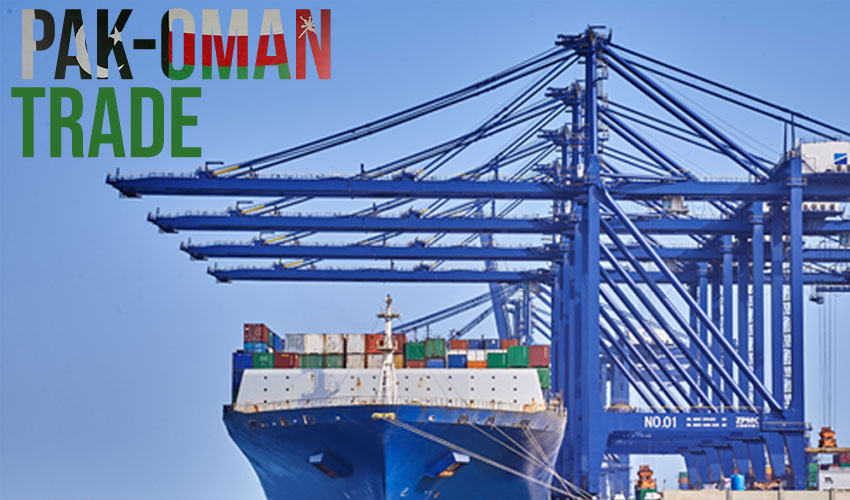TRADE & ECONOMY
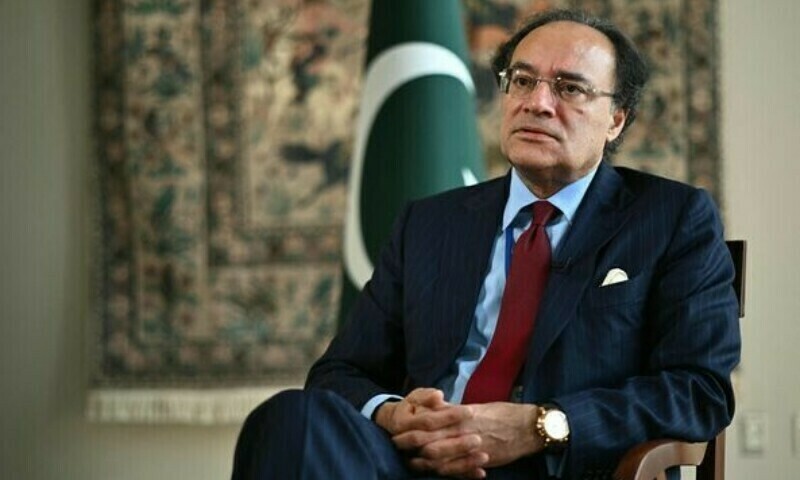
Finance Minister Muhammad Aurangzeb has urged the business community to support structural reforms to avoid another boom-and-bust cycle, emphasizing that sustainable economic prosperity requires fair taxation and modernization.
Speaking at the ‘Retail Reimagined: Innovate, Collaborate & Thrive’ conference organized by the Pakistan Retail Business Council (PRBC) in Islamabad, the minister outlined the government’s ongoing reforms in taxation, energy, and state-owned enterprises (SOEs).
Call for Fair Taxation
Aurangzeb acknowledged the retail sector’s significant contribution to GDP and employment but criticized its low tax contribution. He stressed that every sector must share the tax burden, noting that excessive reliance on the salaried class and manufacturing sector was unsustainable.
“There will be no free ride anymore. Documentation is key to achieving this goal,” he said, adding that the government is pushing for increased tax contributions from the retail, wholesale, real estate, and agriculture sectors.
The minister commended provincial governments for implementing agricultural income tax and highlighted efforts to digitize the taxation system. He stated that end-to-end digitization and faceless customs procedures had already improved transparency in import clearances.
Energy and SOE Reforms
Aurangzeb also addressed reforms in the energy sector, mentioning the government’s efforts to transition towards competitive energy pricing. Regarding state-owned enterprises (SOEs), he announced that rightsizing efforts would be completed by June this year, alongside continued privatization initiatives.
He reassured the business community that macroeconomic stability had been achieved, citing a stable currency, increased foreign exchange reserves, reduced inflation, and a drop in the policy rate, which led to a significant decrease in the Karachi Interbank Offered Rate (Kibor) from 23% to around 11%.
Boosting Investor Confidence
To attract foreign investment, the minister revealed that Pakistan was in discussions with international rating agencies to improve its credit rating to the “Single B” category. A higher rating would enhance Pakistan’s credibility, allowing access to global capital markets and diversified funding sources.
To foster collaboration, Aurangzeb announced the formation of an advisory committee within the finance ministry to incorporate industry input into future policies and budget planning.
Retail Sector’s Role in Economic Growth
PRBC Chairman Ziad Bashir highlighted the retail sector’s vital role in Pakistan’s economy, emphasizing the importance of innovation and collaboration in navigating evolving business challenges.
“This conference reaffirms our commitment to innovate, collaborate, and thrive in an ever-evolving business landscape,” Bashir said.
The event featured panel discussions and keynote addresses aimed at fostering growth and collaboration within the retail industry.
With a focus on policy consistency, fiscal discipline, and digital transformation, the finance minister reaffirmed the government’s commitment to creating an environment conducive to sustainable economic growth.
